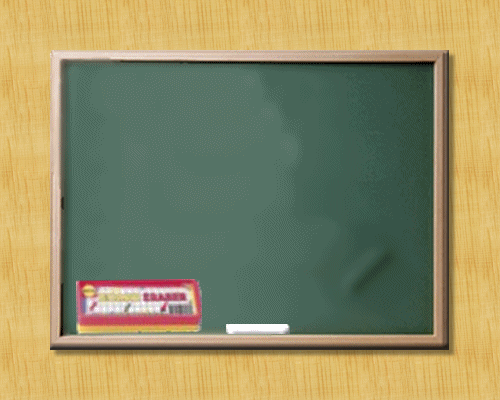BARGAINING
Bargaining or haggling is a type of negotiation in which the buyer
and seller of a good or service dispute the price which will be paid and
the exact nature of the transaction that will take place, and
eventually come to an agreement.
Bargaining is an alternative pricing strategy to fixed prices.
Optimally, if it costs the retailer nothing to engage and allow
bargaining, he can divine the buyer’s willingness to spend. It allows
for capturing more consumer surplus as it allows price discrimination, a
process whereby a seller can charge a higher price to one buyer who is
more eager (by being richer or more desperate). Haggling has largely
disappeared in parts of the world where the cost to haggle exceeds the
gain to retailers for most common retail items. However, for expensive
goods sold to uninformed buyers such as automobiles, bargaining can
remain commonplace.
Answer the following questions orally :
—Do you like to go shopping?
—Where do you usually go shopping?
—When do you usually go to shopping?
—What do you usually buy?
—How do you pay for the purchase?
—Do you ever use a credit card?
Now, practice expressions used in bergaining / shopping :
—Is there any discount?
—What about Rp. 50.000,- for each book?
—Can you make it for $ 1 ?
—What about 20% off?
—How about Rp. 10.000,- per kilogram?
—Etc.
Conversation
—Shopkeeper : Good morning madam. How can I help you?
—Customer : I want to buy a beautiful frock for my daughter.
—Shopkeeper : How old is she?
—Customer : She is 2 years old.
—Shopkeeper : Do you want causal or party wear.
—Customer : I want party wear.
—Shopkeeper : Do you want any particular colour?
—Customer : No, but the frock must be very attractive. Show me only the latest stuff.
—Shopkeeper : Do not worry madam. We have latest stock. Which size do you want?
—Customer : I do not have an idea about the size.
—Shopkeeper : No problem. See this frock. I think this size will be ok for her.
—Customer : Yes, I also think so. Do you have black colour in it?
—Shopkeeper : Yes, we do have.
—Customer : What is its prize?
—Shopkeeper : It is of 2000 Rs.
—Customer : It is too expensive. I will give you only 1500 Rs.
—Shokeeper : We are charging reasonably from you.
—Customer : I will not give you more than 1500 Rs.
—Shopkeeper : Ok. If you are insisting, give 1800 Rs.
—Customer : No. You are over charging.
—Shopkeeper : Now I have left my profit. Give me 1700 Rs.
—Customer : I am giving you 1600 Rs.
—Shopkeeper : You won. Give the money.
—Customer : Pack the frock in a nice box.
—Shopkeeper : Here it is your bag.
—Customer : Thank you.
—Shopkeeper : Thanks for shopping here. Have a nice day.









